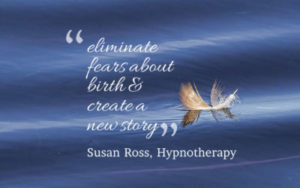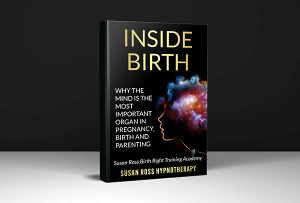When does parenting really being? When should we, as a society, pour resources into developing and educating babies and children?
Governments ‘talk’ about the importance of early childhood development, but I’m not convinced they really understand it is one of the best investments a country can make – to boost economic growth, promote peaceful and sustainable societies, eliminate poverty and inequality – simply by creating happy, healthy new humans.
It is the right of every child to not just survive but to thrive physically, emotionally and spiritually.
What is vital for healthy growth and development is that all children receive nurturing, loving care.
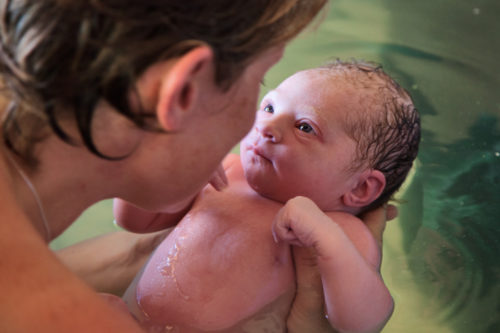
TYPES OF PARENTING
Everyone remembers Benjamin Spock who was an American Paediatrician whose book Baby and Child Care (1946) is one of the best sellers of all time. I love this quote from him: for mothers: “you know more than you think you do”
Spock advocated ideas about parenting that were, at the time, considered out of the mainstream. Over time, his books helped to bring about major change. Previously, experts had told parents that babies needed to learn to sleep on a regular schedule, and that picking them up and holding them whenever they cried would only teach them to cry more and not to sleep through the night. They were told to feed their children on a regular schedule, and that they should not pick them up, kiss them, or hug them, because that would not prepare them to be strong and independent individuals in a harsh world. In contrast Spock encouraged parents to see their children as individuals, and not to apply a one-size-fits all philosophy to them.
There has, of course, been a plethora of books on PARENTING since 1946, all of which promote various ‘types of parenting techniques’ – all presented with very strong beliefs that ‘their’ method is the ‘right’ one. My observations over the decades has shown new parents are extremely vulnerable and are looking for practical solutions from ‘experts’ about how to raise their child.
Today there are plenty of parents who passionately believe in the importance of making sure their baby is in a ‘routine’, sleeps in their own cot/bed, and in their own room and who advocate letting them cry – the ‘let them know who is boss’ philosophy.
‘Attachment parenting’ is probably the opposite of the above and is a substantial movement of like-minded parents who believe a secure attachment is an advantage for a whole life time. The parent’s sensitivity to the needs of the child is a major determinant in whether a secure or insecure attachment will develop.
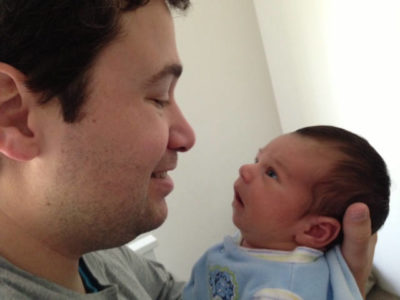
‘Authoritative parenting’: is where the parent provides structure and sets limits, but explains reasons for punishments in an effort to encourage independence. … the theory is children will grow up to be emotionally secure and enjoy higher self-esteem when they learn to separate from their parents at their own pace.
‘Gentle attachment parenting’ : The word discipline comes from the word disciple and means to teach. The discipline advocated by gentle parenting families is internalised. They argue that to offer rewards and punishments overrides a child’s natural inclination to try. It teaches them to behave in certain ways for a reward, or to avoid punishment.
The time from conception to three years of age, is when the brain is most susceptible to environmental influences. Education, nurturing and love from conception, not only promotes physical, emotional, social and cognitive development, it produces lifelong benefits for health, productivity, socialisation and emotional well-being.
During this time, from conception to three, the brain develops at an astounding pace. This is the crucial age when children form their first attachments and develop their first concepts – optimistic or fearful – of the world in which they will live.
Dr. Marian Diamond, Ph.D. Emeritus Professor of integrative biology at the University of California, states: ‘if governments put millions of dollars into early childhood development, but the appropriate brain to receive the education, has not been developed – then this is a waste of money. It is important to be sure that the brain has developed well – in utero’
Dr. Thomas Verney, Psychiatrist, in his book “The Secret Life of the Unborn Baby” states “.
“The ideas and the love a mother has for her baby, the richness of their communication, all have a determining influence on the baby’s physical development, the landmarks of its personality and character predisposition.”
When parents tune into and respond to their children’s needs, they will develop a secure attachment to their mothers and fathers, a base from which they can thrive.
Children without secure parental bonds are more likely to have behaviour and literacy problems.
So the question: WHEN SHOULD PARENTING BEGIN?
ANSWER: IN UTERO – from conception. 
Our Inside Birth® prenatal course (and training) will show you the philosophy behind IN UTERO connection, education and love. You will have fun, you will learn to truly trust and rely on your own instincts because no-one knows your unborn baby better than you do, and you will accept the power of your deep connection IN UTERO – without ever having to refer to a parenting book.
https://birthright.com.au/inside-birth-delivering-antenatal-classes-differently/
Economic studies reveal how the lack of nurtured development creates immense long-term cost to families, society and governments.
https://birthright.com.au/training/inside-birth-childbirth-educator-training/


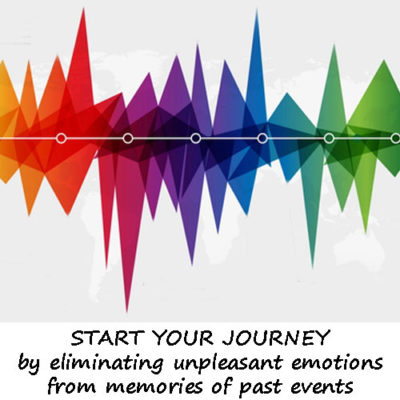

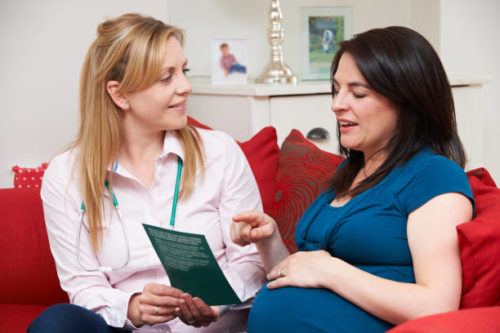
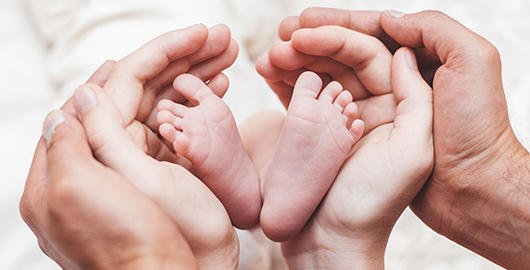



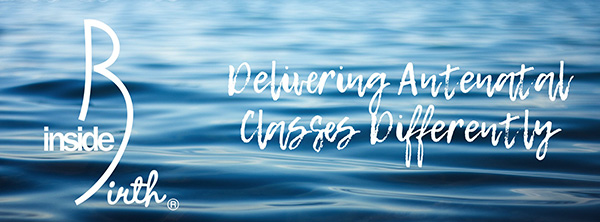

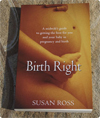

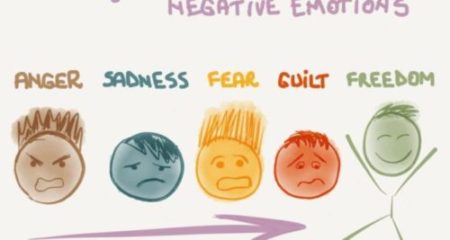
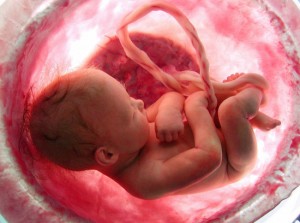

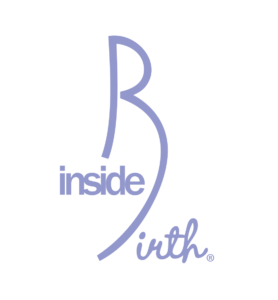



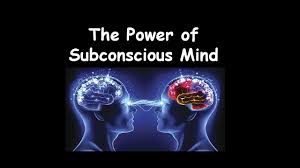

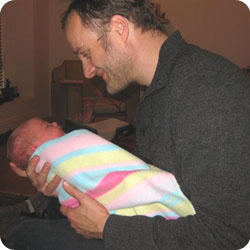
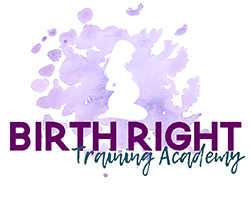
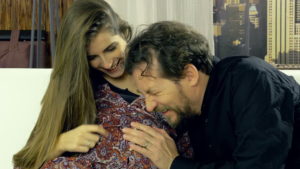




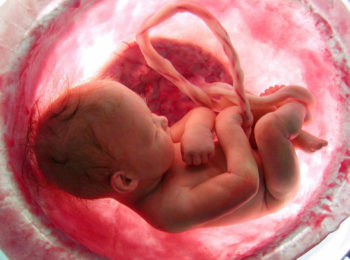

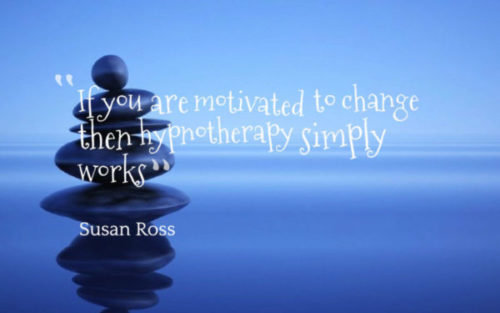 There are, however, many women who feel a lot of anxiety and fears that prevent them from enjoying and being very happy in pregnancy. These anxieties can easily and simply be removed with Hypnotherapy.
There are, however, many women who feel a lot of anxiety and fears that prevent them from enjoying and being very happy in pregnancy. These anxieties can easily and simply be removed with Hypnotherapy.